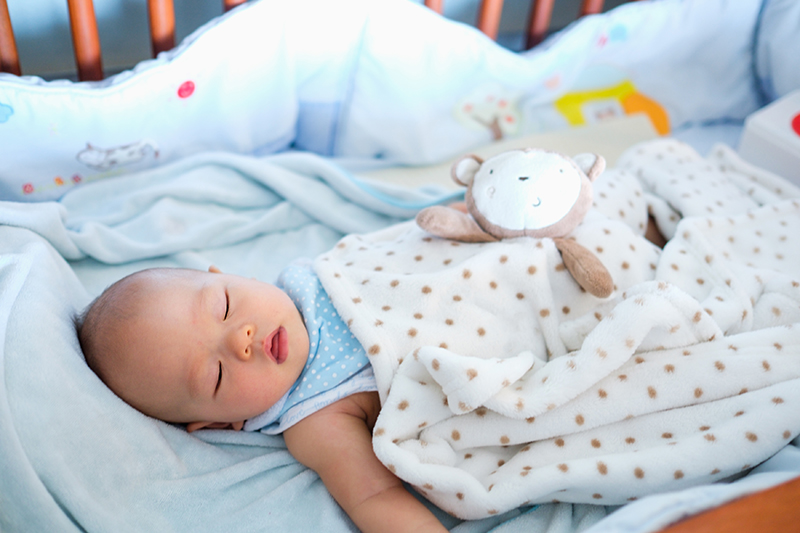Families For Life | The Big Sleep-Young Children

When was the last time you got eight hours of sleep? The hectic lifestyle of urban dwellers like you often means trying to maximise use of waking hours - perhaps to meet deadlines for work or squeeze in that late night movie date. And we tell ourselves we will deal with the lack of sleep when the next new day starts.
For young children, the problems from insufficient sleep cannot be simply solved by a bottle of chicken essence or concealer for eye bags.
Dr. Jennifer Kiing, Clinical Director & Senior Consultant at the Child Development Unit of Singapore’s National University Hospital (NUH), identifies the impact sleep deprivation has on children:
Affected attention
Children lack of sleep become inattentive, even hyperactive.
Poor learning
Children lack of sleep cannot effectively process information and stay attentive during learning.
Difficulty with memory
Children lack of sleep have trouble retaining and recalling information because they do not have the right energy level.
Mood and behavioural changes
Children lack of sleep are more irritable, moody and prone to tantrums.
Metabolic changes
Lack of sleep in children might also contribute to them developing obesity, diabetes and heart disease in later life.
So just how much sleep is enough for children? It depends on age. The younger in age, the more sleep needed. A child in Primary 6, for example, needs around nine hours-plus of sleep.
"Only when they reach 18 years of age do they require just about eight hours of sleep," says Dr Kiing.
According to Dr. Kiing, "In a multi-site study across a number of Asian and Western countries, Singaporean children under three years of age were found to have significantly less sleep and later bedtimes than predominantly Western countries."
This could stem from a lack of awareness of the ill effects of not getting children to sleep for longer. This could also be the result of some lifestyle and routine choices that lead to poor sleeping patterns in children.
These include:
Allowing a child to sleep in on weekends by several hours more than the usual.
Allowing a child to play games on electronic devices leading up to bedtime.
Not training a child to self-soothe back to sleep. A child who needs to drink a bottle of milk to fall asleep, for example, will cry for milk each time he wakes, and do so many times through the night.
Having a child do homework right up to bedtime and not providing sufficient wind-down time for a restful night's sleep.
Co-sleeping. An adult's snore can wake a child more frequently through the night.
The following are tips from Dr. Kiing to help parents inculcate better sleep patterns in their children.
Winding down for bed
"Establish a bedtime routine which usually starts 30 minutes before bed and involves quieting down, such as reading a book together after a child changes into pyjamas," says Dr. Kiing.
Winding down is an important aspect to achieving good sleep patterns. Dr. Kiing also advises to stop play on electronic devices and screen time at least an hour before bedtime by keeping the devices away.
Consistent sleep routine
Keeping routine is also key. This means bedtimes throughout the week should be regular.
For children not yet schooling, Dr. Kiing recommends having them learn to self-sooth so they can fall back to sleep every time they wake.
For school-going children who have to wake early, Dr. Kiing says, "Have the child go to bed early to ensure at least 10 hours of sleep for children in primary one."
Seeking professional help
If you tried every tip and trick from parenting books and websites and nothing works, seek professional help.
"If a child refuses to sleep and parents have tried many different strategies, then they may want to seek professional advice, which can be obtained from pediatricians experienced in the management of sleep problems in children," shares Dr Kiing.
"Get professional help when sleep is a problem - which means when either parent or child do not have a restful night's sleep."
Explore more
Contributed by:
Early Childhood Development Agency